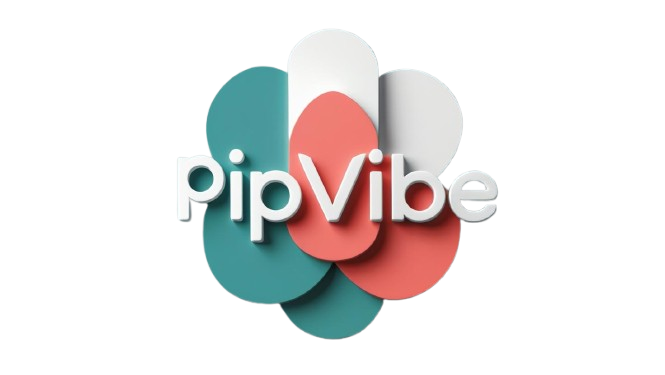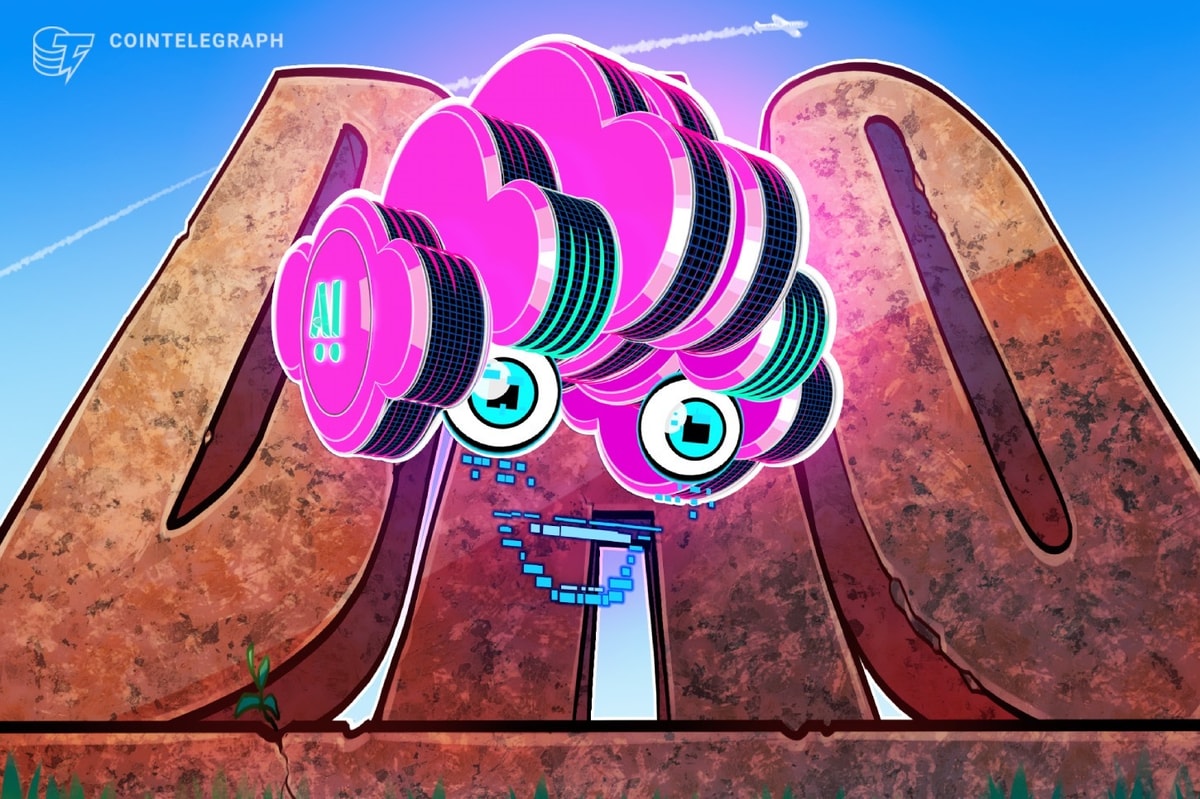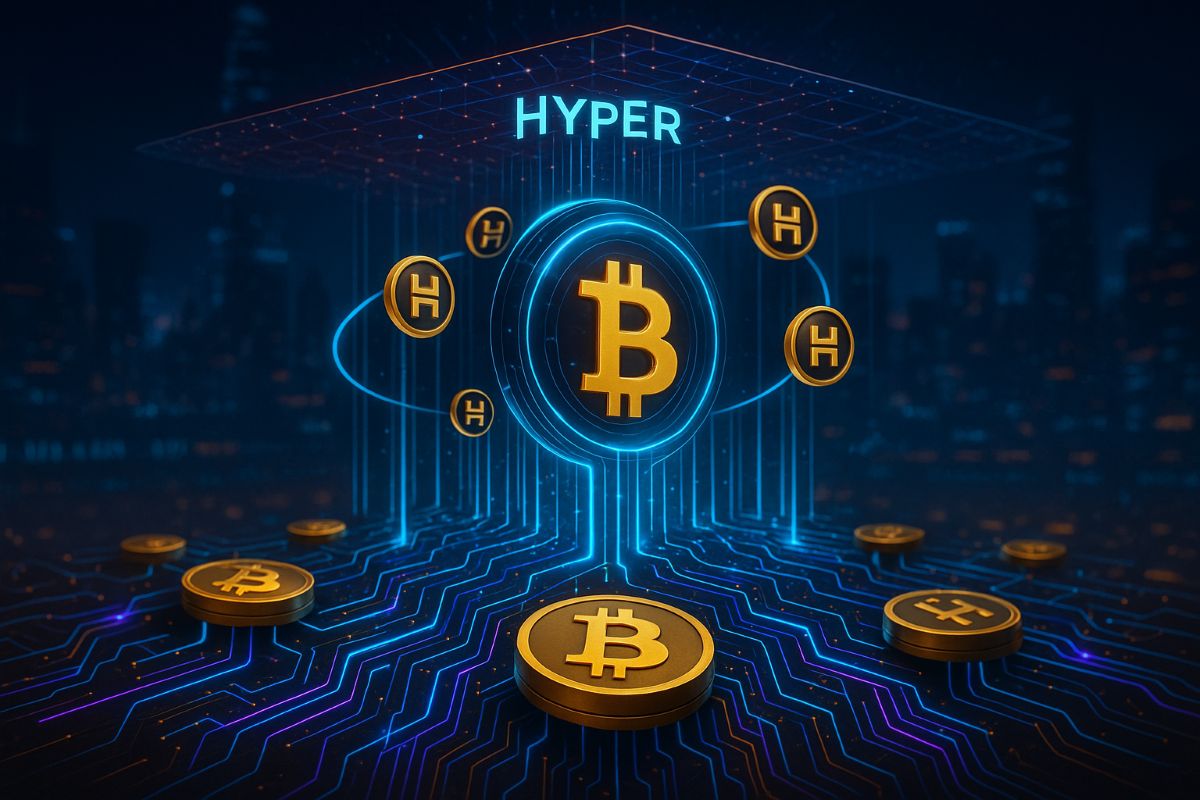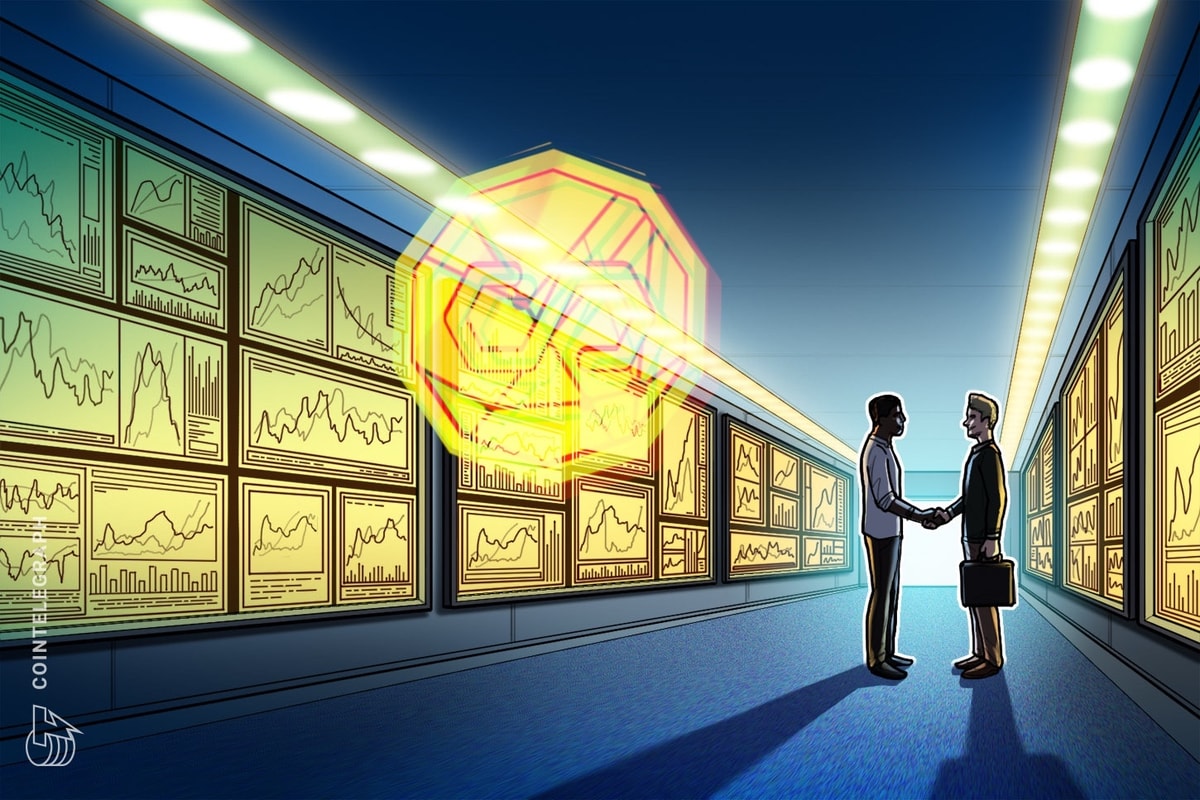The nearby institution is developing “delegates” supported by artificial intelligence to eventually vote on behalf of the members of its decentralized independent organization (DAO), with the aim of addressing the low voters' participation, which has become a model for many protocols.
Lin Retig, a researcher at the nearby institution, a specialist in artificial intelligence and governance, told Cointelegraph that the proxy reform is still under development. The near -class institution is supervised near the protocol.
The idea is that the user's representative, or “digital twin” will learn his preferences and then act accordingly when the time comes to make governance decisions. The voting process will turn into a “mathematics problem” that can “occur almost immediately.”
“After that, you can put this loose thing, a kind of act on your behalf and vote on your behalf. It proves to you. When you know, the proposals are related to you,” he said during an interview at the Token2049 conference in Singapore.
“This is to some extent, almost seeing the final game for this, as we replace all human actors with a digital twin, if you want to call it, to solve this voter indifference, the issue of participation.”
Estimates indicate that the average participation rates in DaOS ranges between 15 % and 25 %, which may lead to issues such as centralization of power, ineffective decision -making, and in the worst scenarios of cases, governance attacks, where a bad actor acquires enough distinctive symbols to pass a harmful proposal without other members noticing.
Human inputs are still part of the process
Ritege said it is possible that there is a human element involved in this process.
He said, “A firm believer that there must always be a human being in the episode,” because there are categories of very important proposals that cannot be left to artificial intelligence only, such as those related to money allocations or strategy axes.
“I think there is definitely a group of things that you want to make the final decision and withdraw the trigger,” he said.
“After I said that, it can not only push you, it can also say, based on what I know about you, I think you should vote in this way, but you must be the person to be voted on properly, and they can learn, if things are wrong, this means that there is something wrong in the context.”
Artificial intelligence agents are already widespread through encryption and are used to create Web3 applications, unleash symbols, and interact with services and protocols independently, with some platforms that explore the use of artificial intelligence agents to trade to automate tasks and make decisions in actual time.
The delegates trained in the user's behavior
Similar to how to give birth to the Openai Chatgpt, Rettig said that artificial intelligence representatives will learn through interactions with users, including the interview process, the date of voting and messages on social platforms such as Telegram and Discord.
He added: “When you confuse this agent, he only gets to know you, right? It is a kind of need to learn your political preferences, the type of projects that you care about, and where you think the money should be allocated.”
The VANECK Investment Manager estimates that the number of artificial intelligence agents in the encryption industry exceeded 10,000 by the end of 2024, and is expected to top 1 million by 2025. However, there are concerns that artificial intelligence agents are security risks and can be able to get rid of important decisions if dependent severely.
One of the ways in which the close foundation tries is to ensure that the delegates are parallel to the user's values through a formative -based training model, which shows the proof of encryption on training sessions and inputs, according to Rettig.
Amnesty International Representative is a fixed process
The Near Digital Collective, the main Dao, said, has already implemented the Amnesty International tool called Pulse, which follows the feelings of society, summarizes Discord and highlights the important content.
Related to: Artificial intelligence agents need to be encrypted to work on financial markets: Coinbase Exec
Through its delegates, he said they start with a “suspended low fruit”, and its early models are very similar to Chatbots, with the “Small Agency”, which recommends proposals and provides useful and context information and can fill the basic templates for users so that they can feel better.
The final pass will occur in stages, where artificial intelligence representatives are first large groups with similar voting preferences, then moving towards the presence of an individual delegate for each person, and perhaps even executives of the artificial intelligence delegate.
“Then the governance becomes a problem in mathematics, you only summarize it. Every time the vote appears, this can happen almost immediately because you have all the agents there, and they know how everyone will vote early, then prosper, you end.”
magazine: How do the world's main religions view bitcoin and cryptocurrencies?




